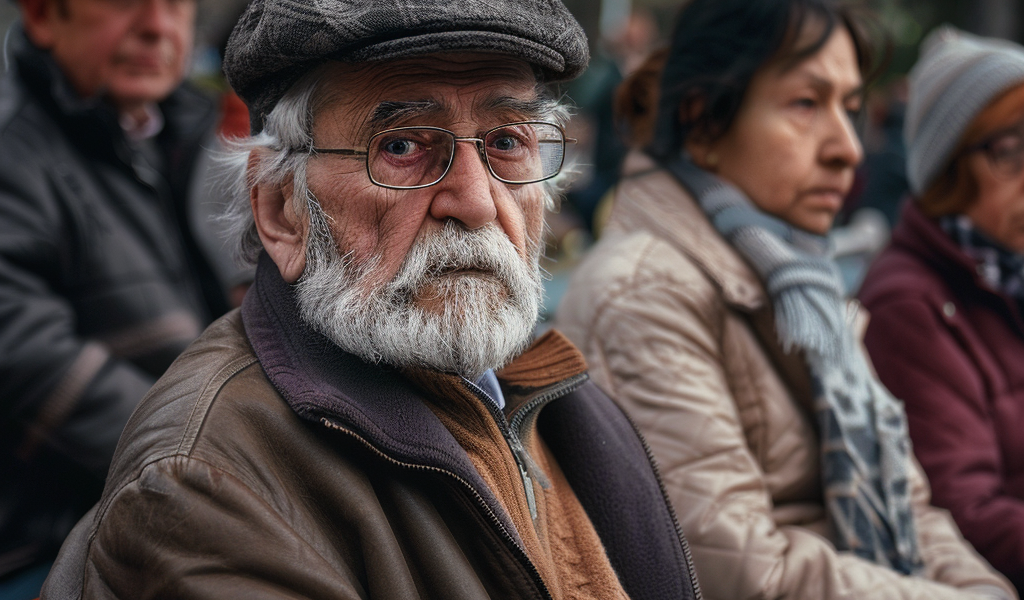Loneliness is a significant issue that affects people of all ages, with new research shedding light on the patterns and factors associated with this prevalent feeling. A recent study conducted by Northwestern Medicine revealed that as individuals age, they tend to experience increased levels of loneliness, following a U-shaped pattern that peaks in younger and older adulthood but is lowest during middle adulthood.
The study, published in the journal Psychological Science, highlighted the alarming consequences of loneliness, with the risk of premature death due to lack of connection being comparable to smoking daily. The U.S. Surgeon General has previously called for action to address the loneliness epidemic in America, emphasizing the urgent need for interventions to mitigate social disparities and reduce levels of loneliness, particularly among older adults.
According to the findings, several risk factors were identified as contributing to heightened loneliness across the lifespan. Women, individuals with limited social connections, lower education levels, reduced income, functional limitations, divorced or widowed status, smokers, and those with poorer cognitive, physical, or mental health were found to be more susceptible to persistent loneliness.
The study, which analyzed data from nine longitudinal studies conducted in various countries including the U.K., Germany, Sweden, the Netherlands, Australia, and Israel, highlighted the global nature of the loneliness epidemic. Although only one dataset was from the U.S., researchers noted the widespread impact of loneliness worldwide, with the issue becoming even more pronounced during the COVID-19 pandemic.
Looking ahead, there is a growing recognition of the need for healthcare providers to assess and address loneliness during routine wellness visits, particularly among individuals at higher risk. By understanding the factors that contribute to loneliness and its varying levels across different stages of life, efforts can be made to implement targeted interventions that promote social connectedness and overall well-being.





